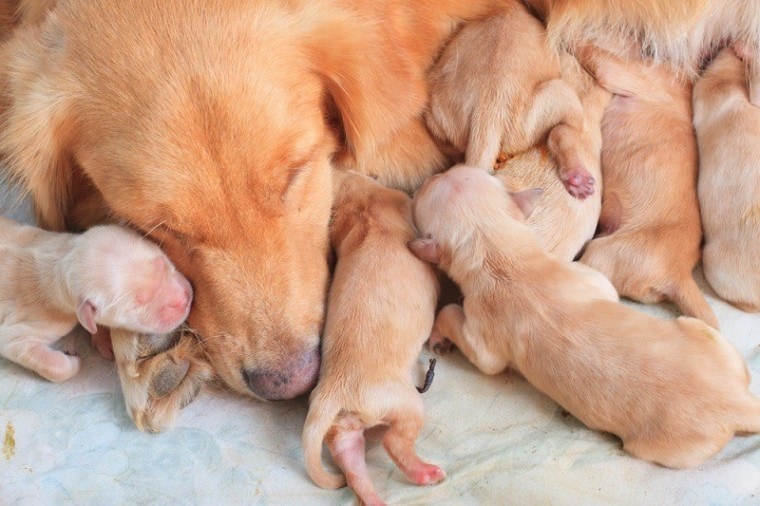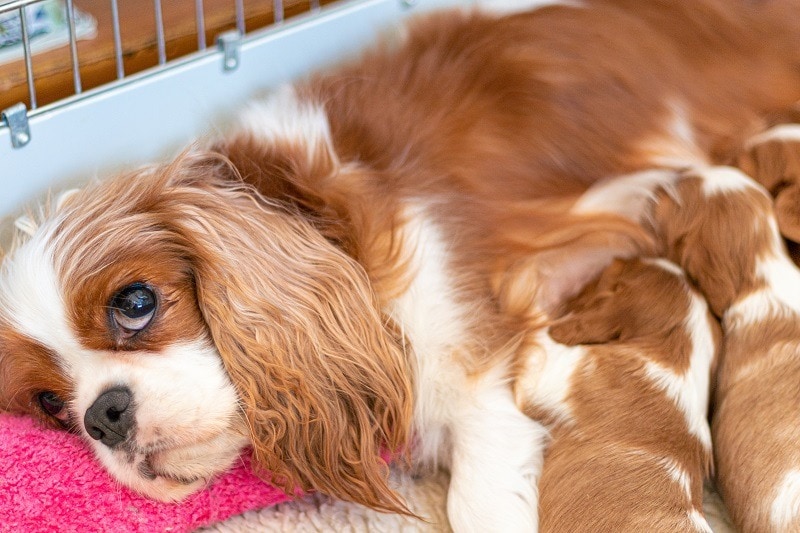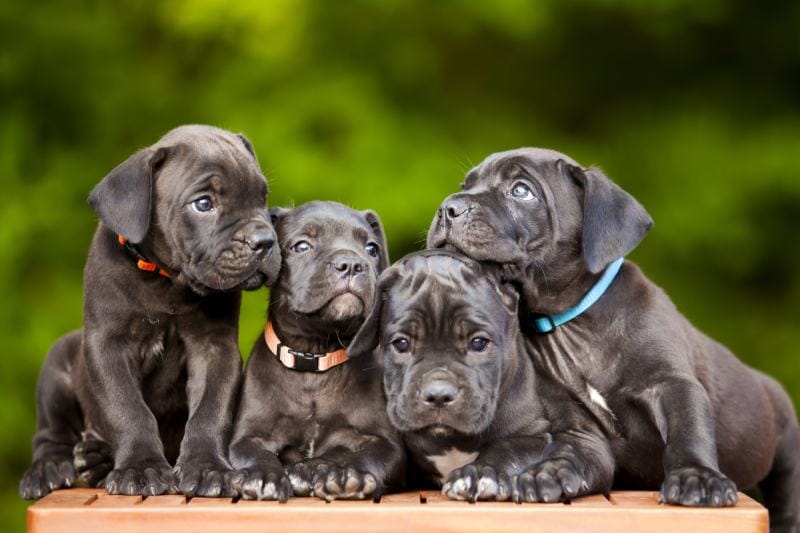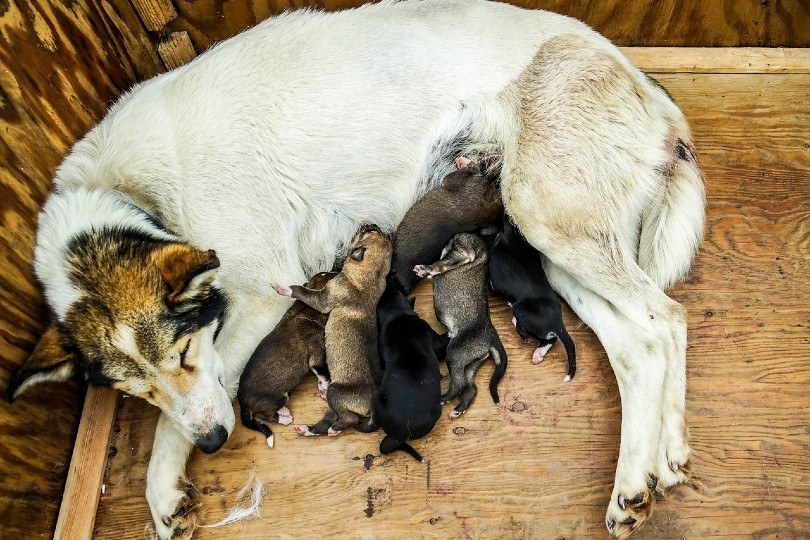
Whether you are considering becoming a dog breeder or are choosing a dog breeder to adopt a new puppy from, it can be helpful to know what considerations determine who is a responsible dog breeder and how you can spot a puppy mill.1 We’ve created a guide to show you how you can sort through several breeders to find the ones you should purchase from or try to emulate with your business plan. It is always advisable to speak to your local veterinarian for further advice. Keep reading while we look at experience, tradition, parent clubs, healthy habits, and more to help you make an educated decision.
The 8 Tips to Find a Responsible Dog Breeder:
1. Memberships
One of the first things you can do to get a good sense of how good a breeder is, is to see what organizations they are members of. Many breeders who specialize in certain breeds will join the breed’s parent club. The American Kennel Club recognizes these clubs as official organizations that work on the breed standard. To join these clubs, members must sign a code of ethics that requires mandated health testing.
You might find that your breeder is a member of other clubs as well. It is probable that the more clubs your breeder is part of, the more knowledge they will have, and the more likely they are to truly care about their craft.

2. Experience
Another good thing to consider when looking for a responsible dog breeder is experience. People may inflate their experience, and it can be difficult to determine. However, breeders with more experience tend to have more information about them published online. Many previous buyers will post reviews, and there will be a record of achievements. A breeder that claims 20 years in the business but there is no record of them online is a red flag.
Most high-quality breeders will have long waiting lists of people waiting for dogs because the breeder is respected and produces results. If the breeder is new, look for a mentorship program that will help vouch for the skill and training of the new breeder. If you ask questions, your breeder should be knowledgeable but not try to pretend to know every answer. There are some things even experts will need to look up or think about, so be wary of the all-knowing breeder.
3. Standards
Every breed that the American Kennel Club recognizes has a standard that any respected breeder will follow closely. Kennel clubs carefully create these standards, so the dog will be healthy, allowing the breed to carry on. Any deviation from these guidelines can result in defects being introduced that can produce unexpected results. You should avoid using a breeder that is selling dogs that do not conform to the standard.
You need to be especially careful when buying the increasingly popular teacup breeds that often don’t conform to standards and cause the dog a wide range of health problems. Another popular deviation is unique colors, and while many people don’t think an off-color is a health risk, some genes can control color along with other health issues.

4. Testing
A good breeder will frequently test their parents through genetic tests, x-rays, eye exams, and other means to make sure no inherited abnormalities sneak in that can lower the quality of the breed. A good breeder will also use these techniques to improve the breed. You can check with certain organizations, like the Orthopedic Foundation for Animals, which can tell you about the tests that a breeder in question has performed on any dogs.
5. Check the Environment
Good breeders should allow you to see the area where they keep the parents and the puppies so you can see that they live in excellent conditions. However, during the COVID-19 pandemic, these tours were not so common. If an in-person visit is not possible, you will need to look closely at Zoom videos and images of the house and dog to see how they live. Avoid breeders who won’t show you their facilities and or who use cramped and dirty quarters that do not safeguard the welfare of the dogs.

6. Assess the Breeder
Good breeders tend to be extremely protective of their dogs and are concerned about who’s buying them. Most will want to run a background check on you and will have dozens of questions you need to answer before they will sell you the dog. Any breeder that is only concerned with the cost is a red flag that you should avoid.
7. Contracts
Most reputable breeders will ask you to sign contracts that legally bind you to follow certain rules and often have a return to breeder clause that will require you to return the dog if there is a problem or reason you cannot fulfill the contract. If your breeder does not have a contract, it should be a red flag to you, suggesting you should consider looking for another breeder.
8. Gut Feeling
Your gut feeling can be a strong indicator that something might not be right with your breeder. You will likely have multiple conversations with your breeder, and if you don’t feel like the breeder is a friend, we recommend moving on. You may have questions or problems as your dog ages that your breeder may need to help you solve. If you don’t feel like you can ask these questions, you should move on to someone else. In most cases, your gut feeling is correct.
Summary
We hope you have enjoyed reading, and this short guide has given you some helpful advice and information that you can use to purchase a healthy dog. Good breeders usually have a long waiting list and plenty of activity on their website. You should see lots of positive reviews and pictures of healthy dogs. If a dog breeder you are considering doesn’t have a waiting list or even a website, it doesn’t automatically rule them out, but it does send up some red flags, and you’ll need to do more research. If we have helped you understand your dog breeder a little better, please share these considerations for a responsible dog breeder on Facebook and Twitter.
Related Reads:
Featured Image Credit: stockphoto mania, Shutterstock







